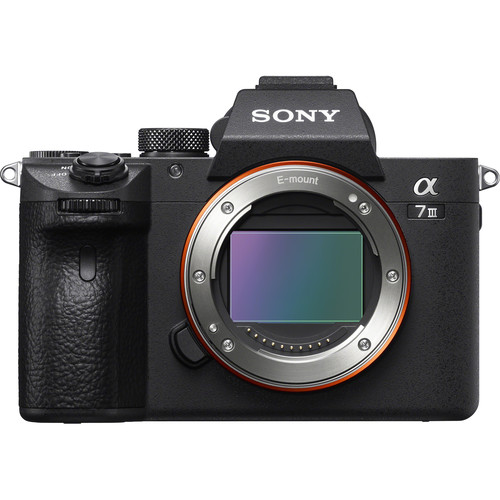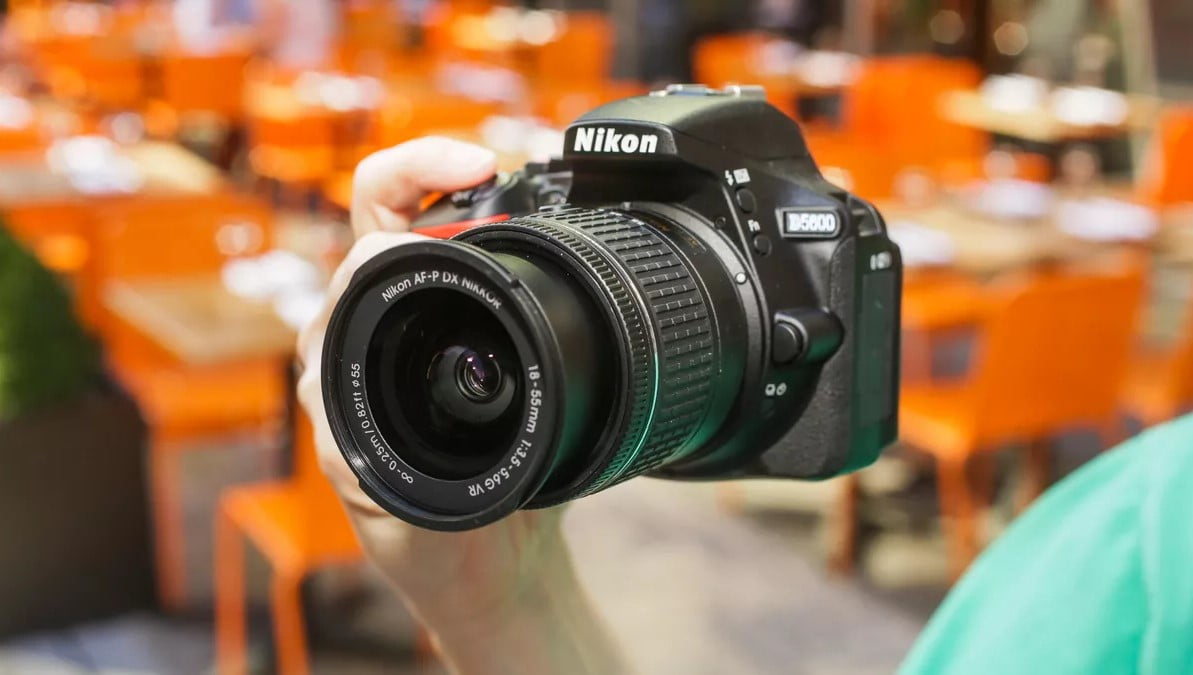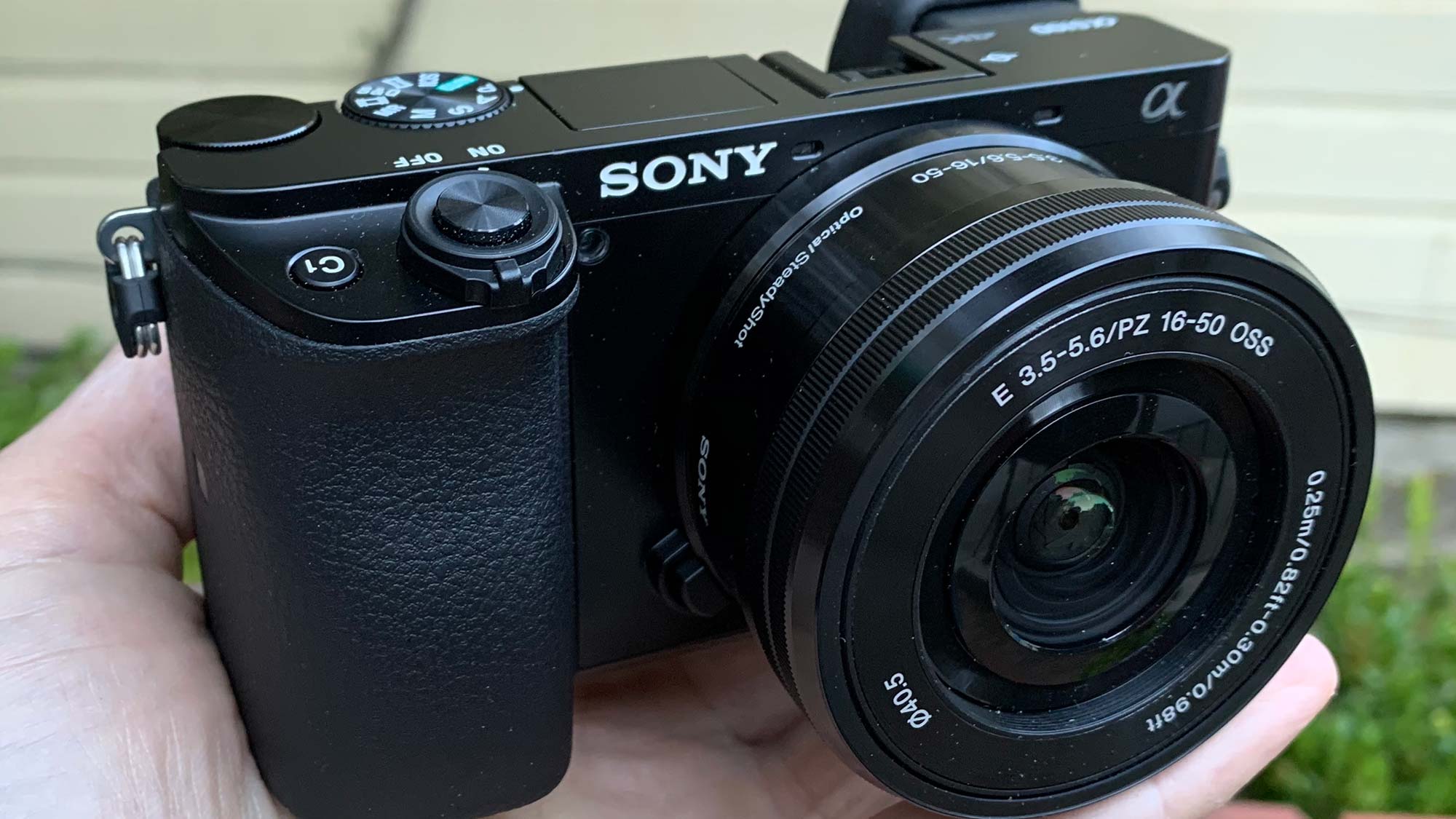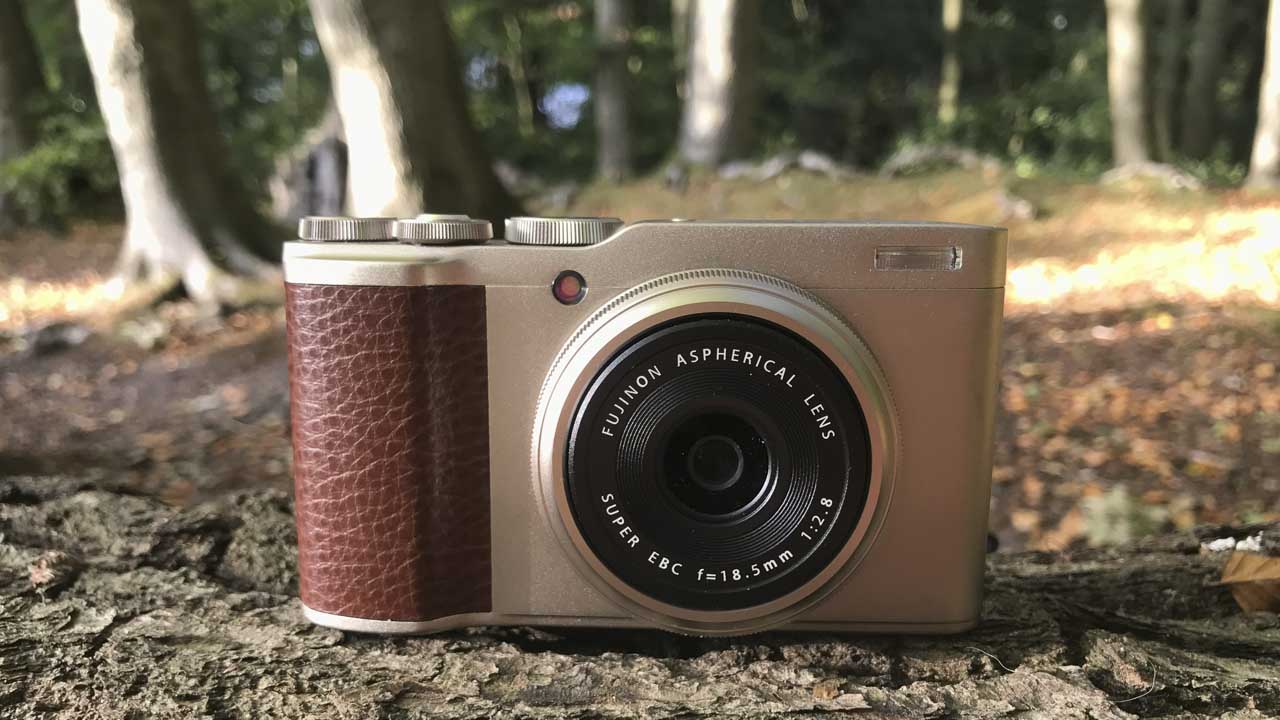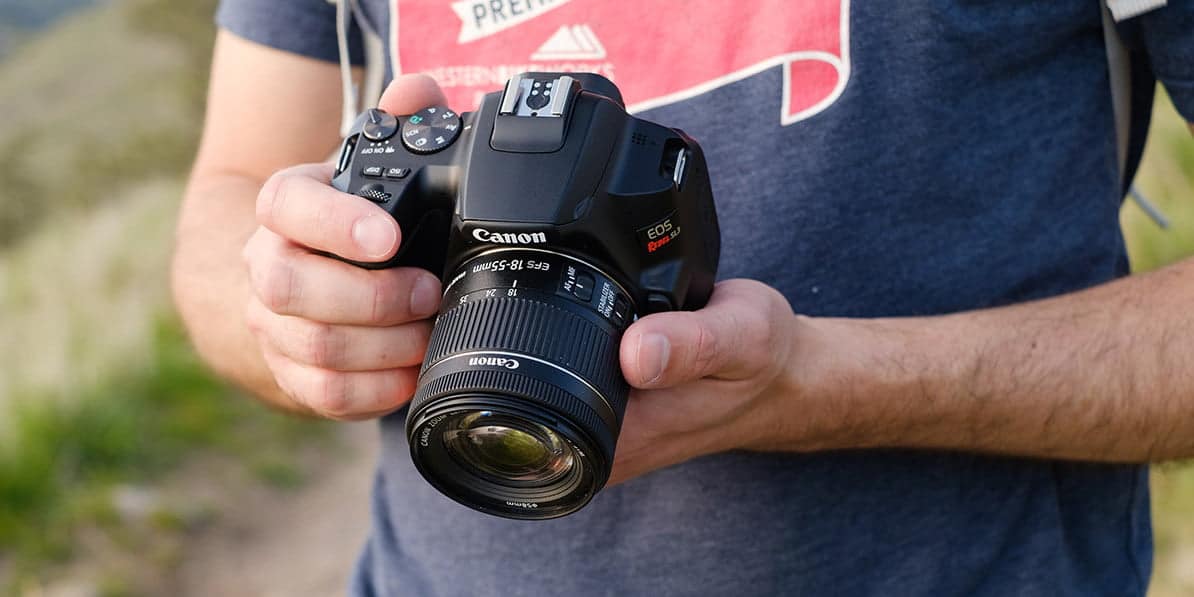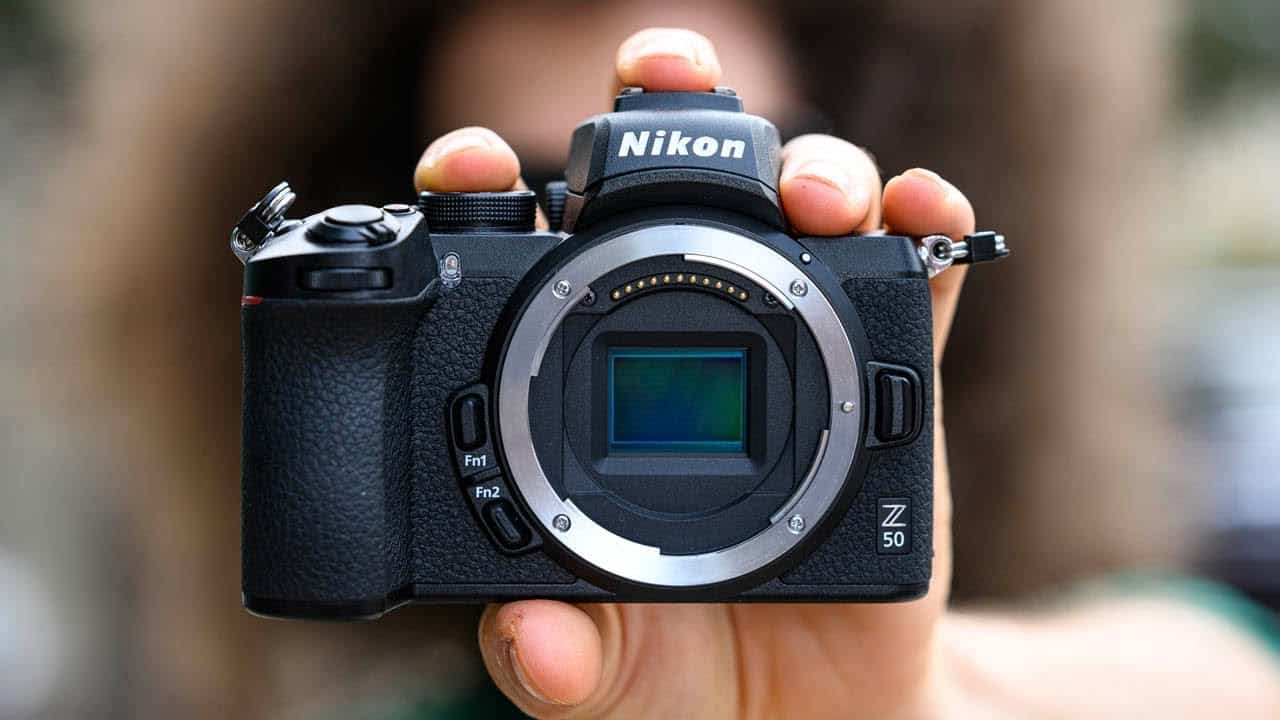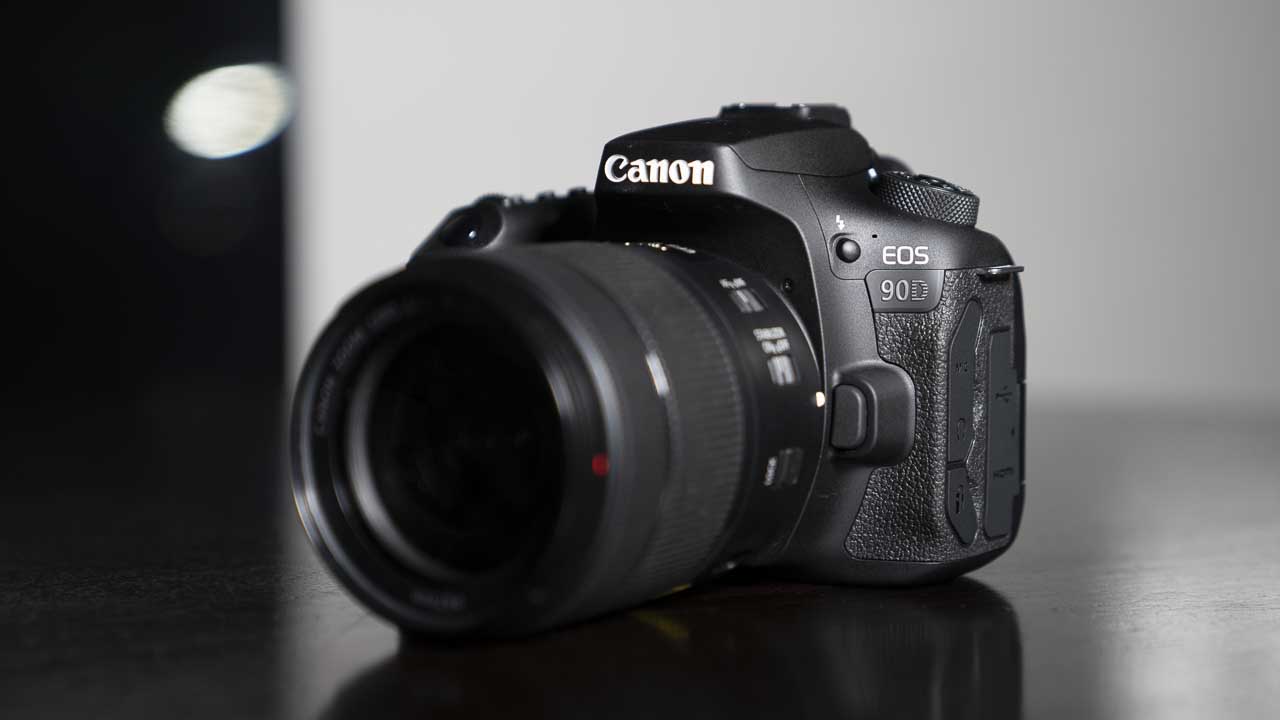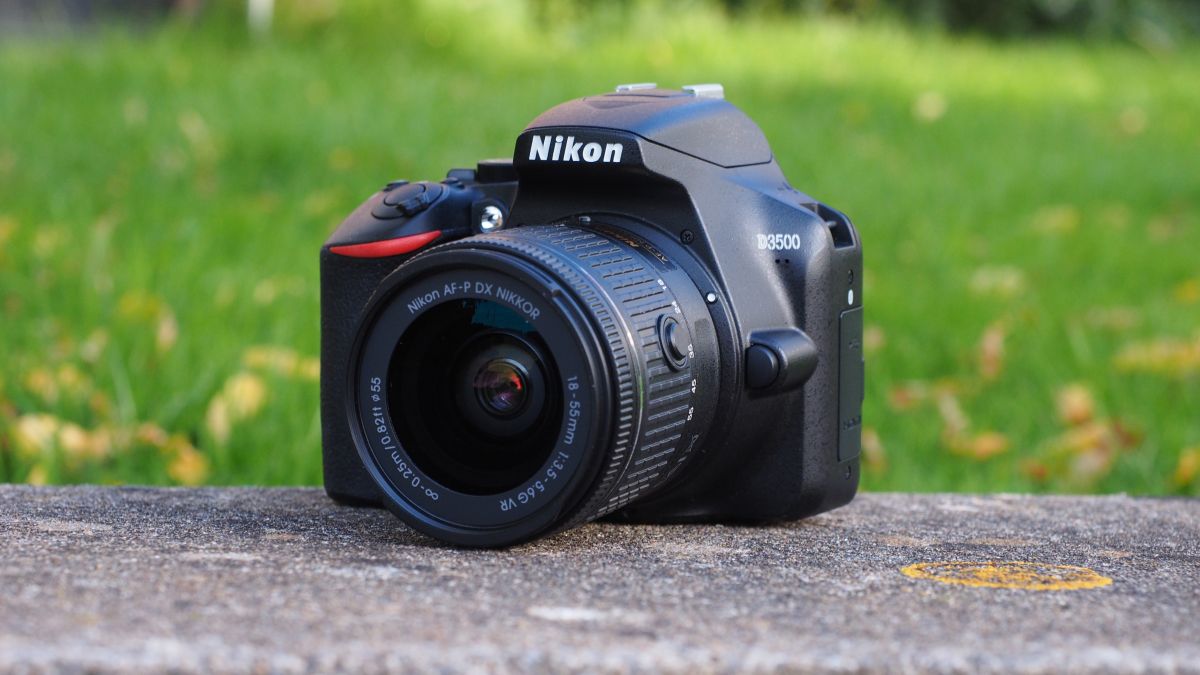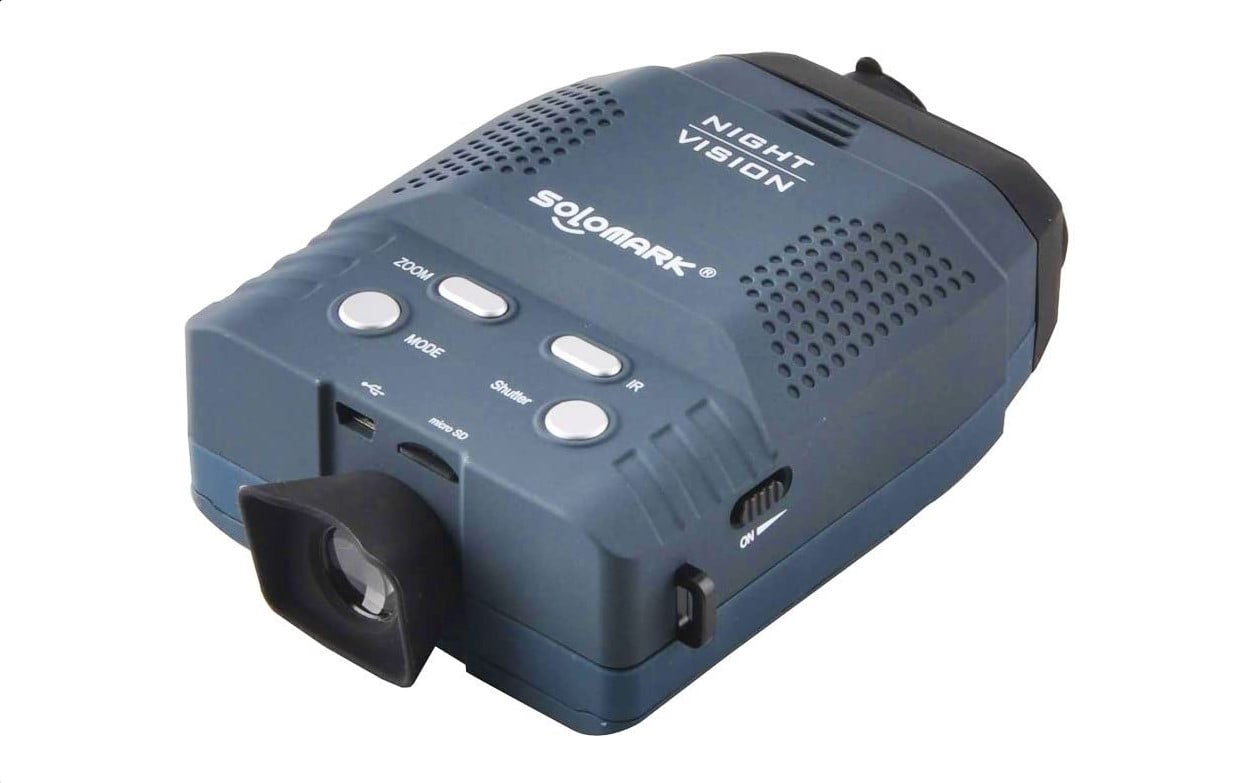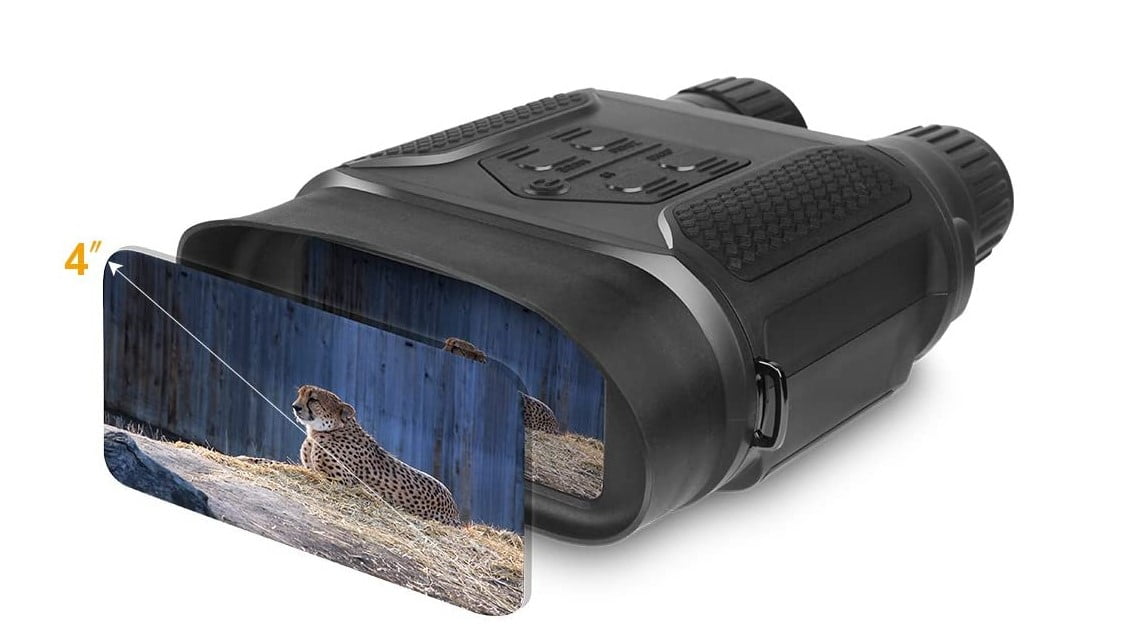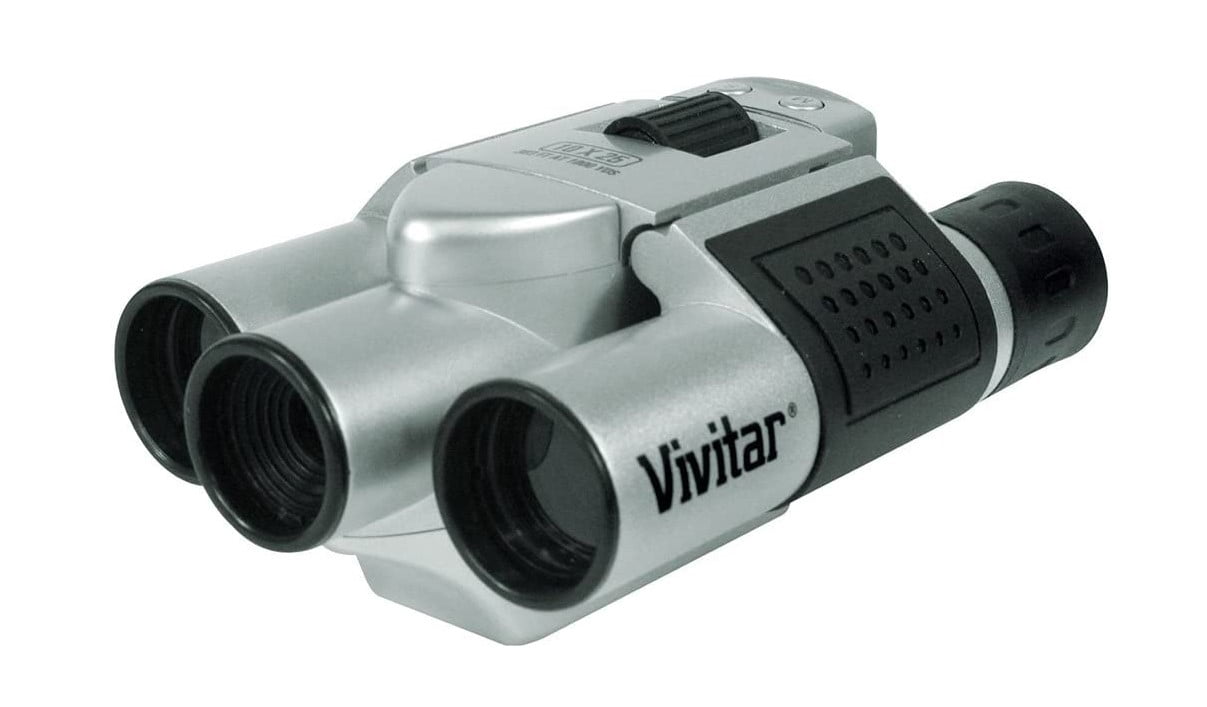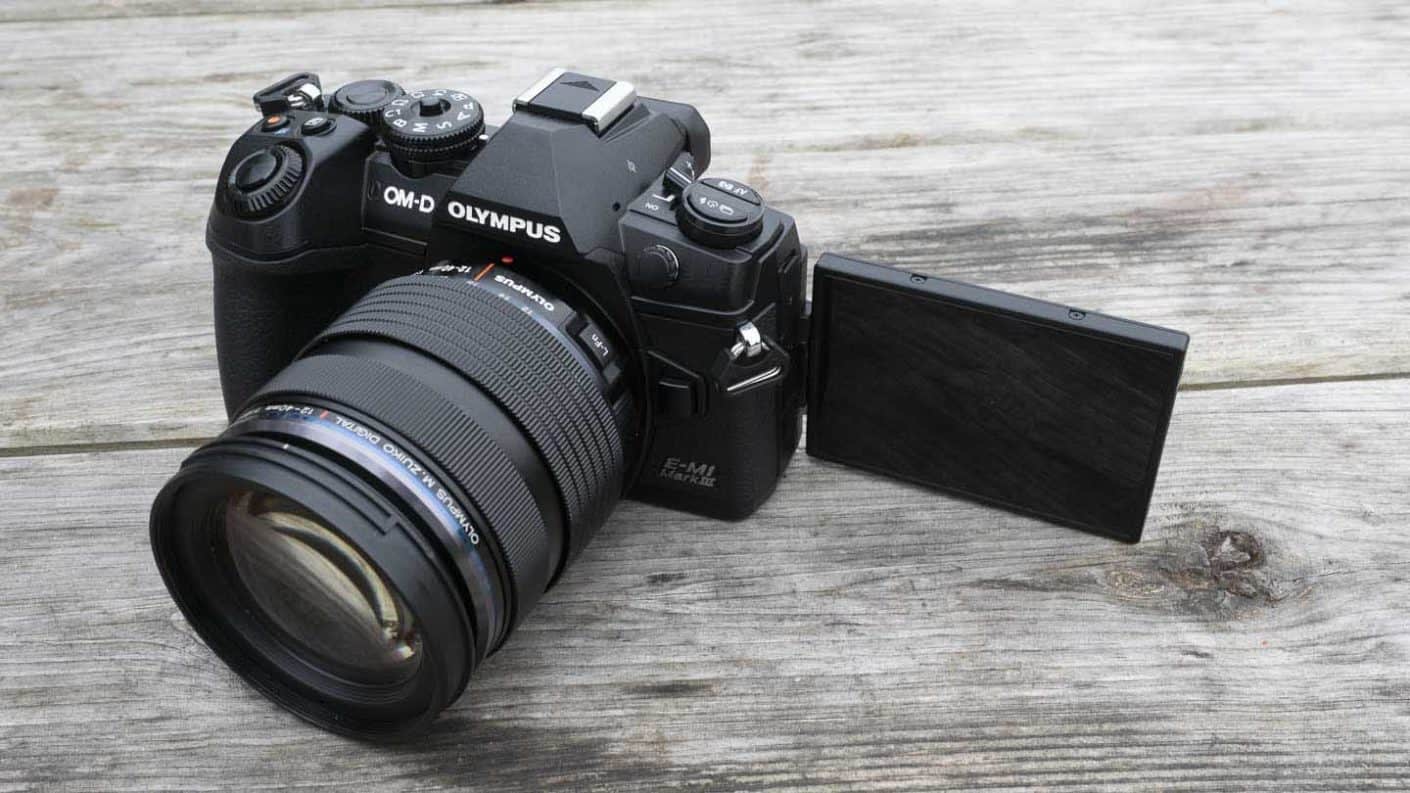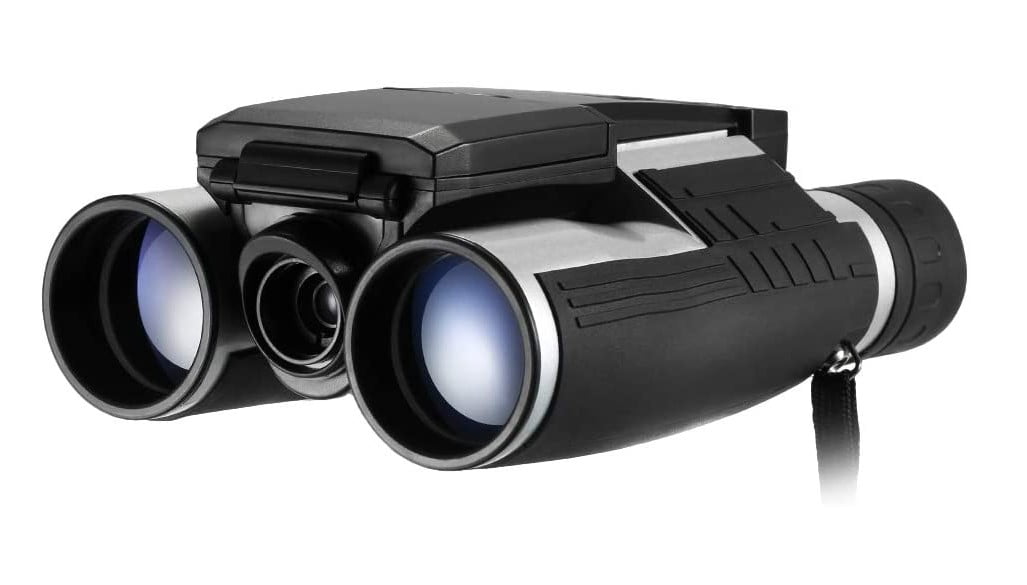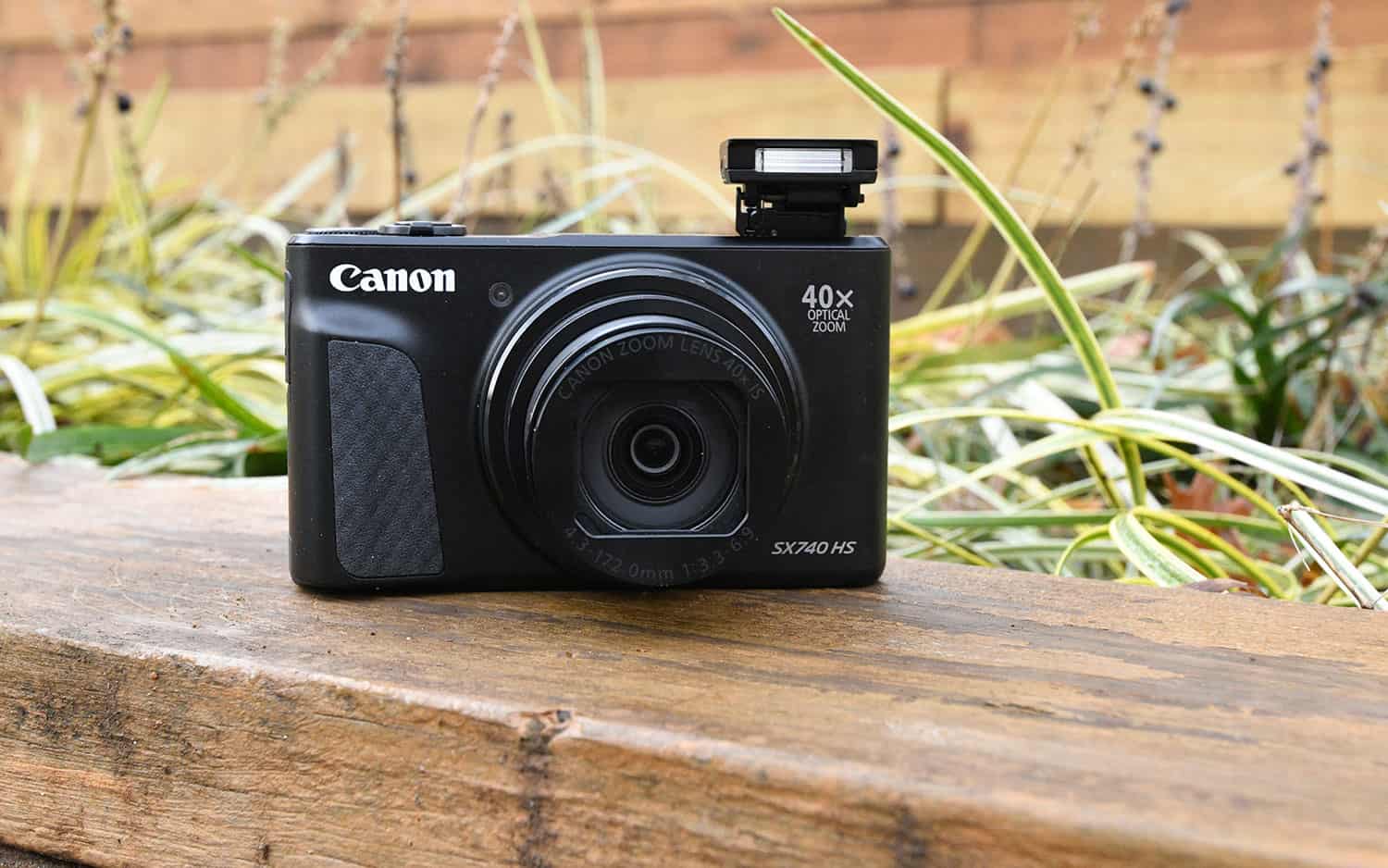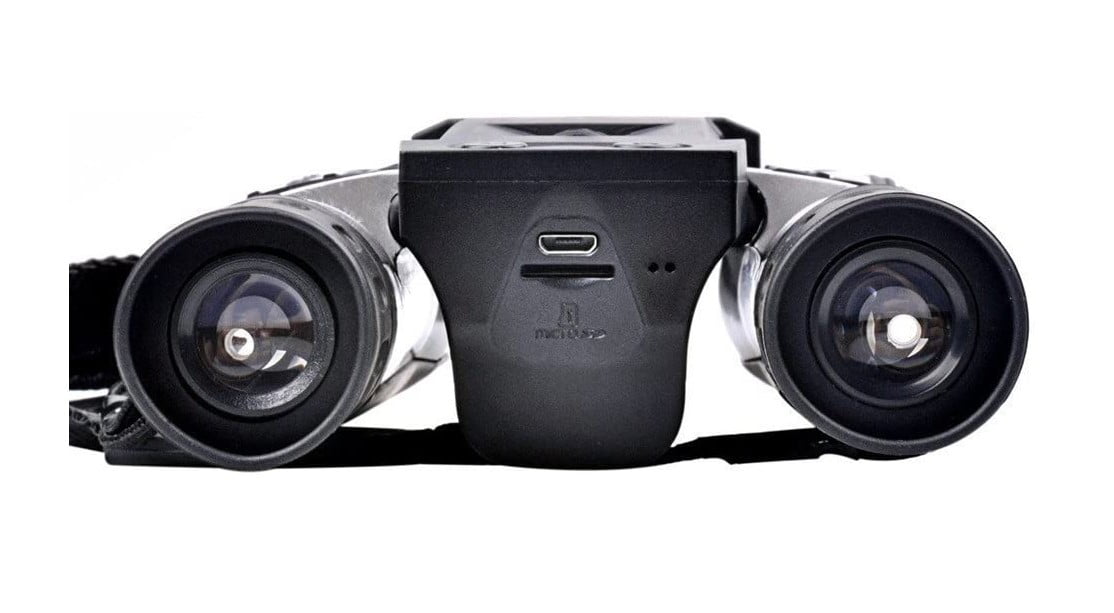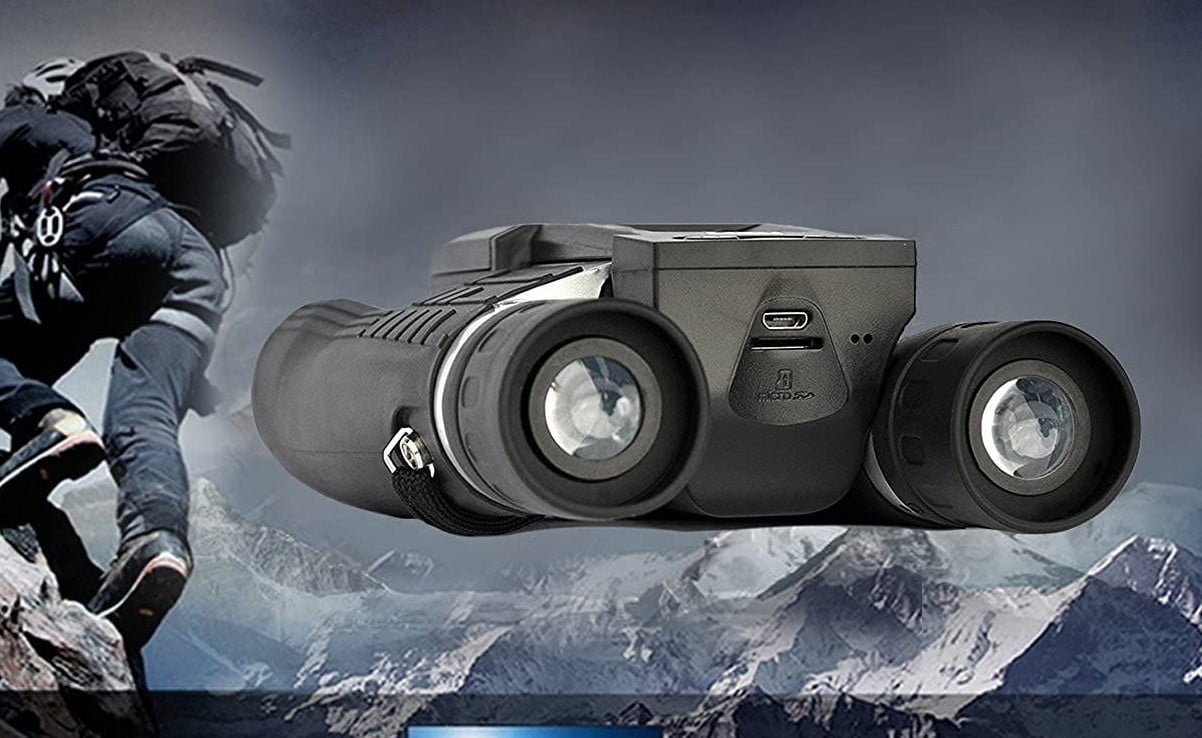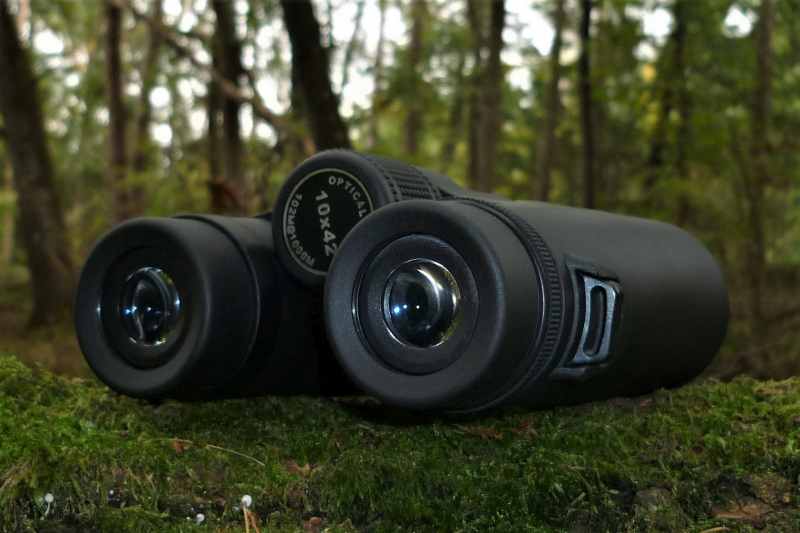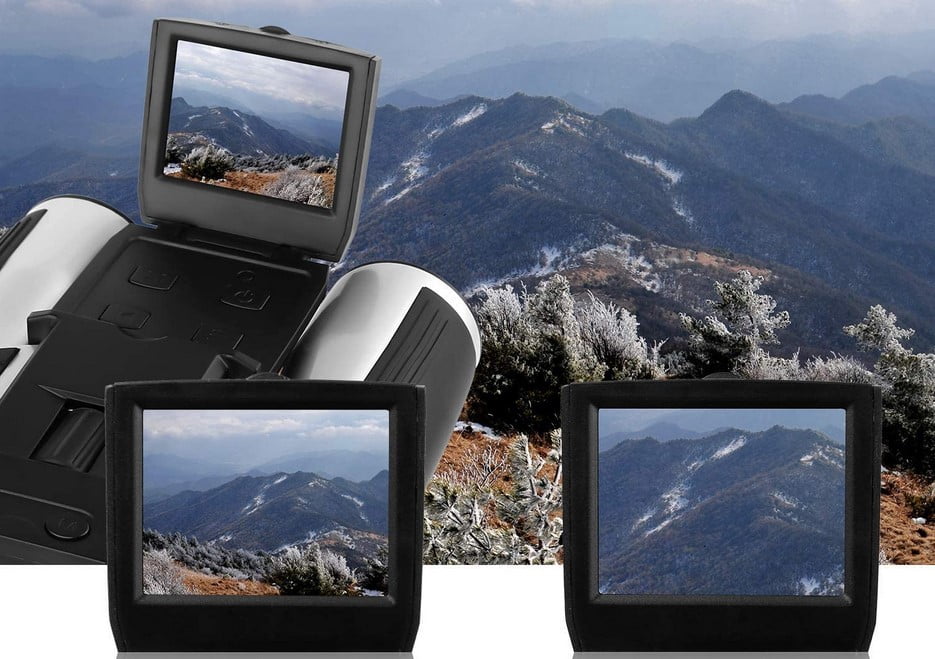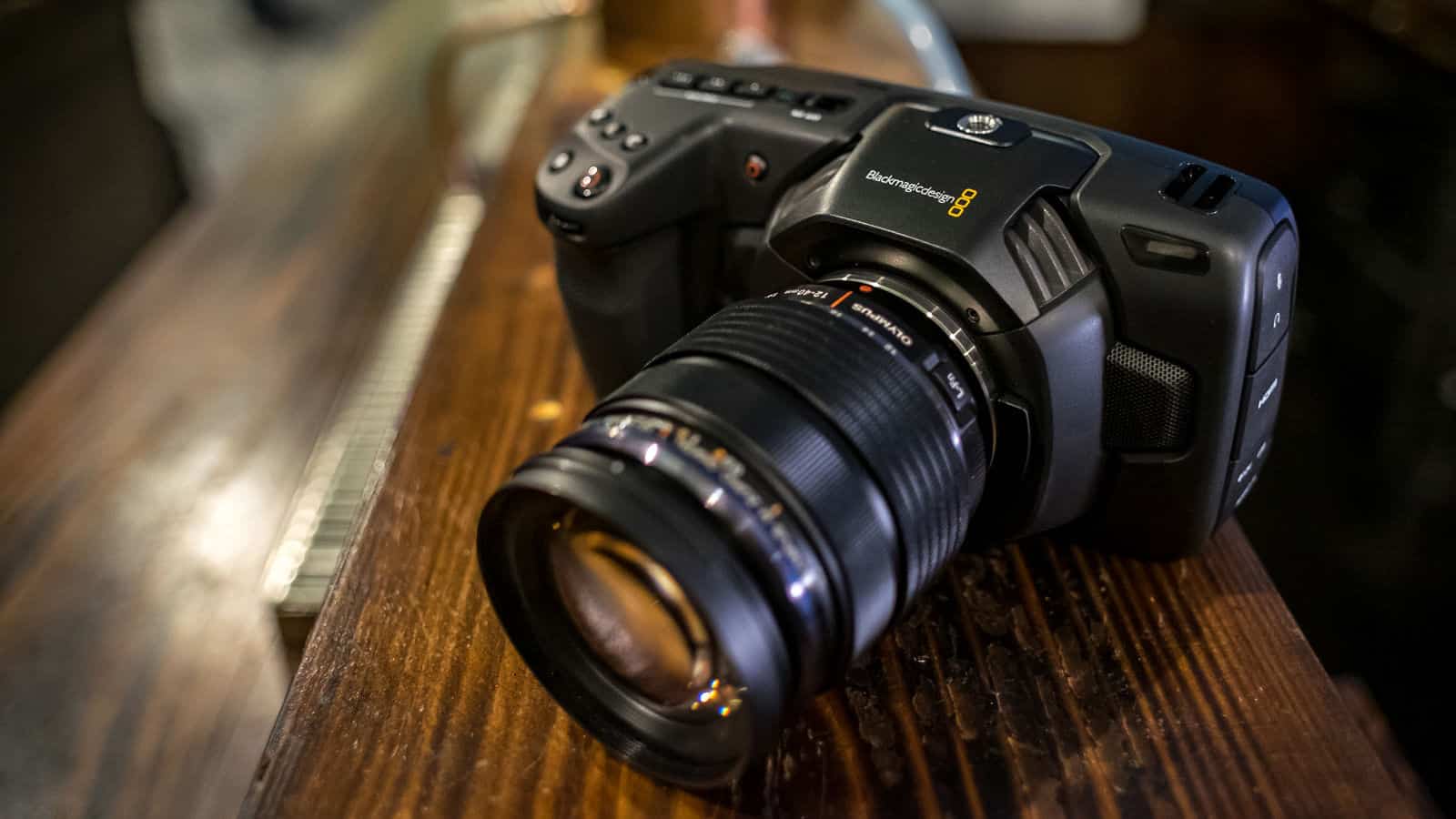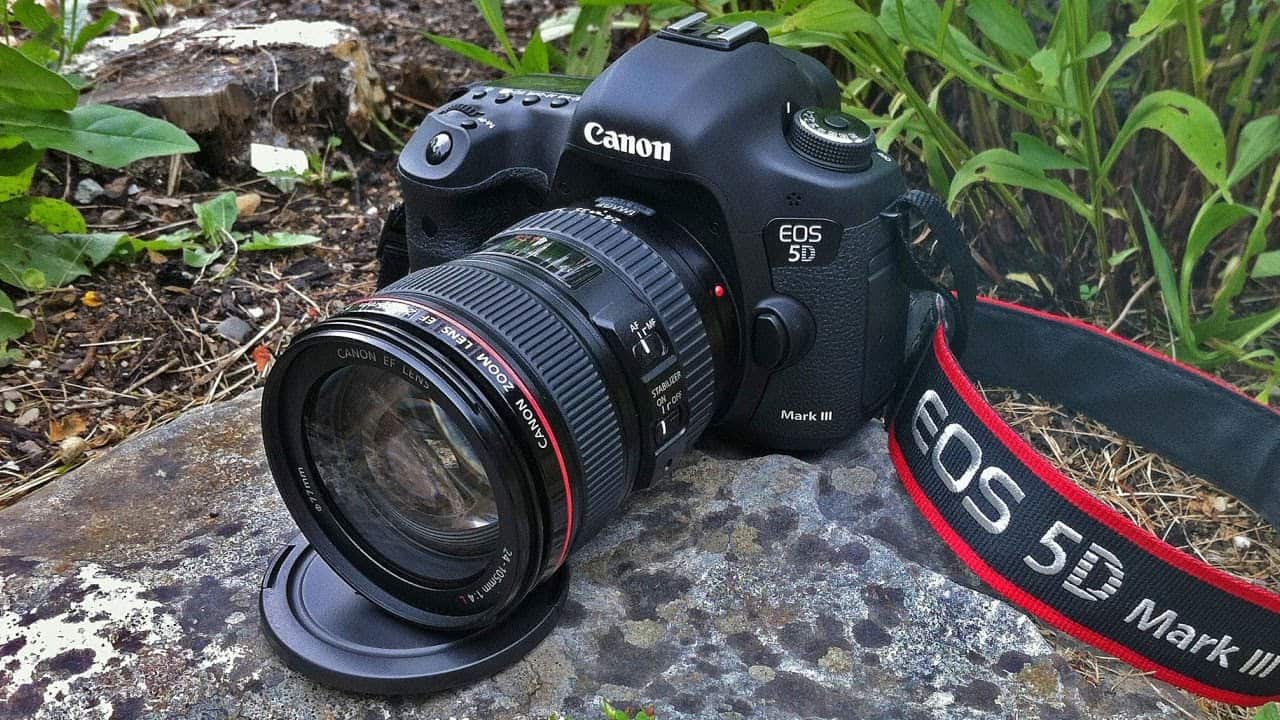If you have been experimenting with different lenses and other camera attachments, you may be wondering what does a digital camera’s UV filter do. It seems that all the best digital cameras allow for an analog UV filter, after all. We have all the information you need.
KEY TAKEAWAYS:
- A UV filter helps protect the camera lens from UV light and other potentially harmful light sources.
- UV filters attach to the camera lens and many photographers use them at all times.
- There has been a discussion in recent years as to whether or not UV filters are necessary with modern digital cameras, as digital images are less susceptible to UV light than film.
What is a UV Filter?
A UV filter is an attachment to the camera lens that helps protect against ultraviolet rays, otherwise known as blue light or UV light.
Why Use a UV Filter?
Some photographers swear by their UV filters and never shoot without them. Why? This type of protective filter keeps unwanted light sources away from the lens element and, as such, the digital sensors. If you are wondering what does a digital camera’s sensor size do, it basically tracks light to create the final digital image. In other words, a smaller digital sensor may be susceptible to UV light.
Insider Tip
Make sure to match the thread size of your camera lens to the UV filter of your choice.
Why Not Use a UV Filter?
Not everyone is down with UV filters. Here are some reasons to consider not adopting the practice.
They May Not Be Needed
UV protection filters became popular in the era of film, as film is particularly susceptible to UV light. This is not always true of digital cameras. Some modern photographers consider them an unnecessary nuisance for just that reason. For instance, if you want to know what does digital SLR camera mean and why that might indicate a UV filter may not be necessary, a DSLR camera includes a digital sensor that may not be susceptible to UV light.
Some are Cheaply Made
There are a whole lot of UV filters out there and some are manufactured by disreputable companies, offering little to no value for the consumer. These cheaply made filters could even damage your lens if you aren’t careful. A cheaply made filter could also result in a significant loss in image quality, which is something photographers never want. Some photographers have even noted that high-grade UV filters result in a slight loss in image quality, though results will vary.
Not All Filters are Universal
Each lens is different, many with different form factors, as is each UV filter. In other words, your UV filter may not fit every lens in your arsenal. This could be annoying, especially if you find yourself regularly switching out lenses for different scenarios.
Warning
Make sure to regularly clean and maintain your UV filter to keep it free from scratches and other imperfections.
F.A.Q.
I don’t see any UV lens filters for the thread size of the camera lens. What should I do now?
You will likely have to shop for a new lens filter from a different manufacturer to ensure that it can integrate with the thread size of your camera lens.
Does a UV filter really block UV light?
Yes. UV filters do really block UV light, but modern digital image sensors have become less susceptible to the negative effects of UV light.
Do professional photographers still use a UV filter?
A fair amount of modern professional photographers still use UV filters, though the numbers are dwindling.
STAT: UV filters are sometimes referred to as L37 or L39 filters, depending on the wavelengths of light they filter out. For example, an L37 filter removes ultraviolet light with wavelengths shorter than 370 nanometers (nm), whereas an L39 filter eliminates light with wavelengths shorter than 390 nm. (source)

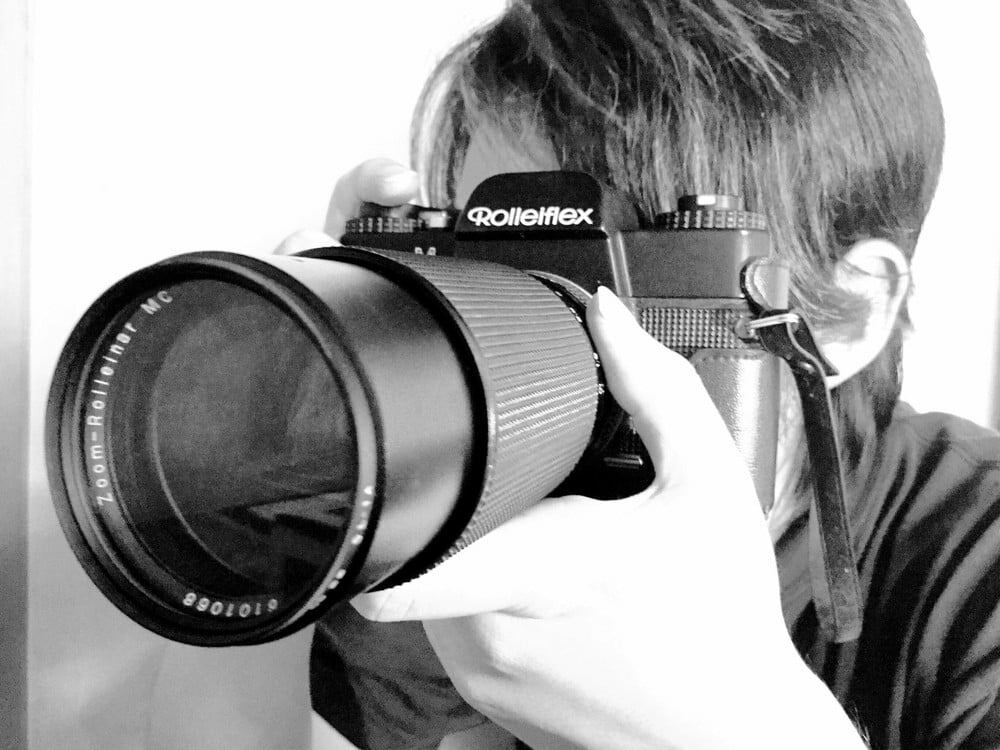













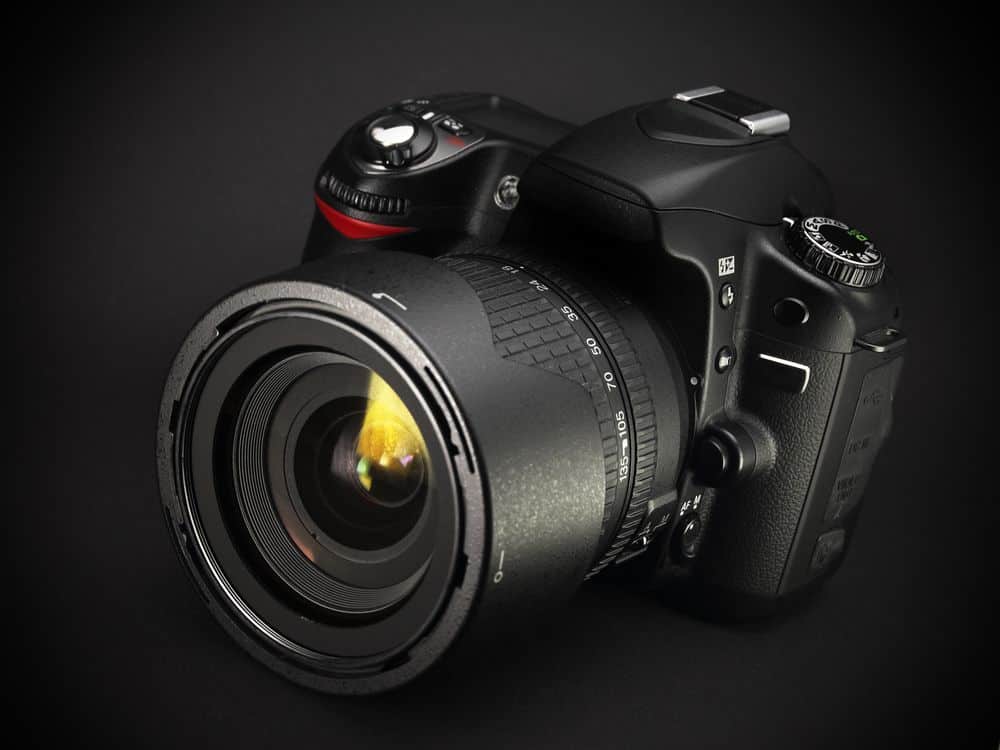
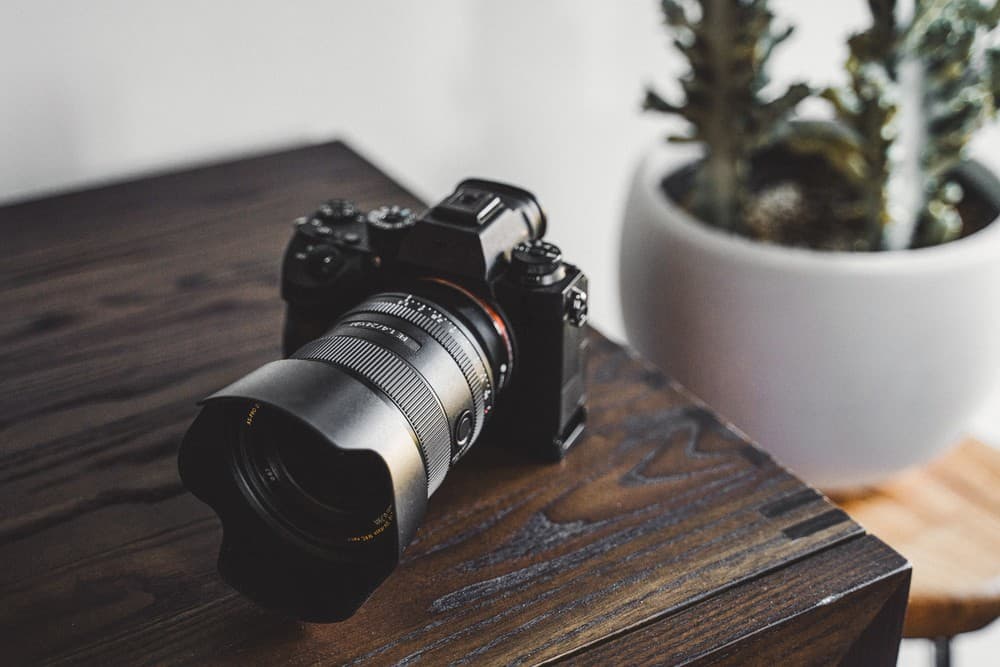
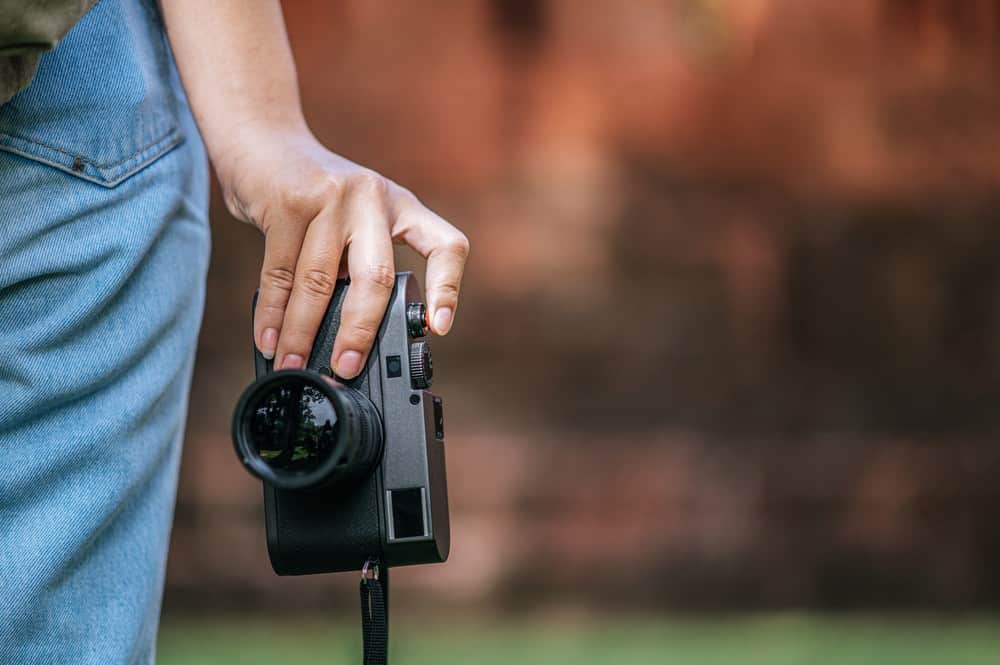
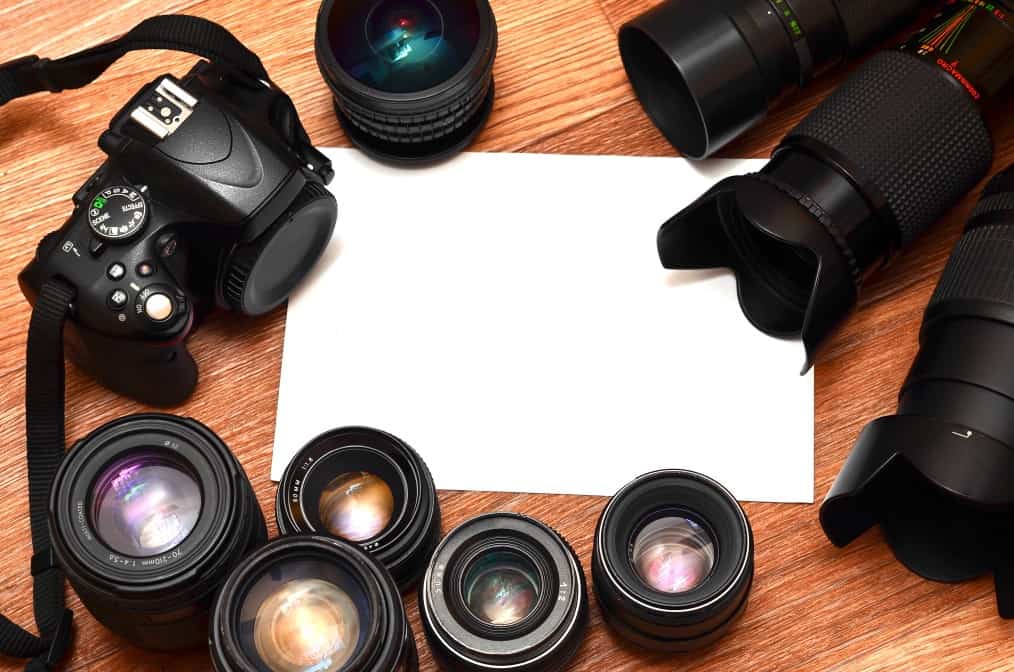
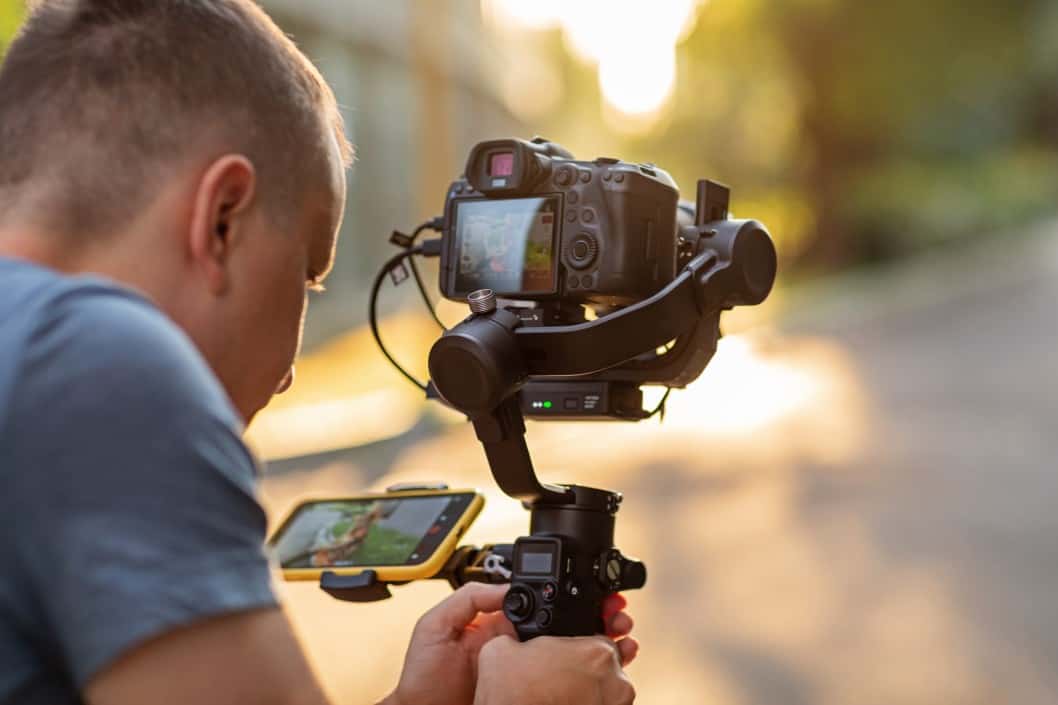
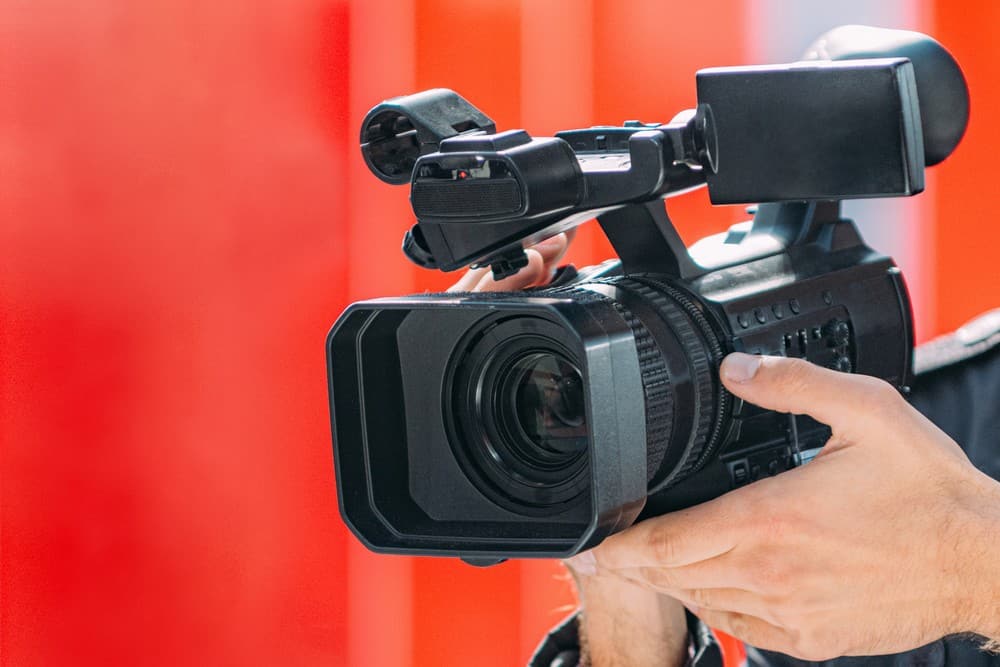
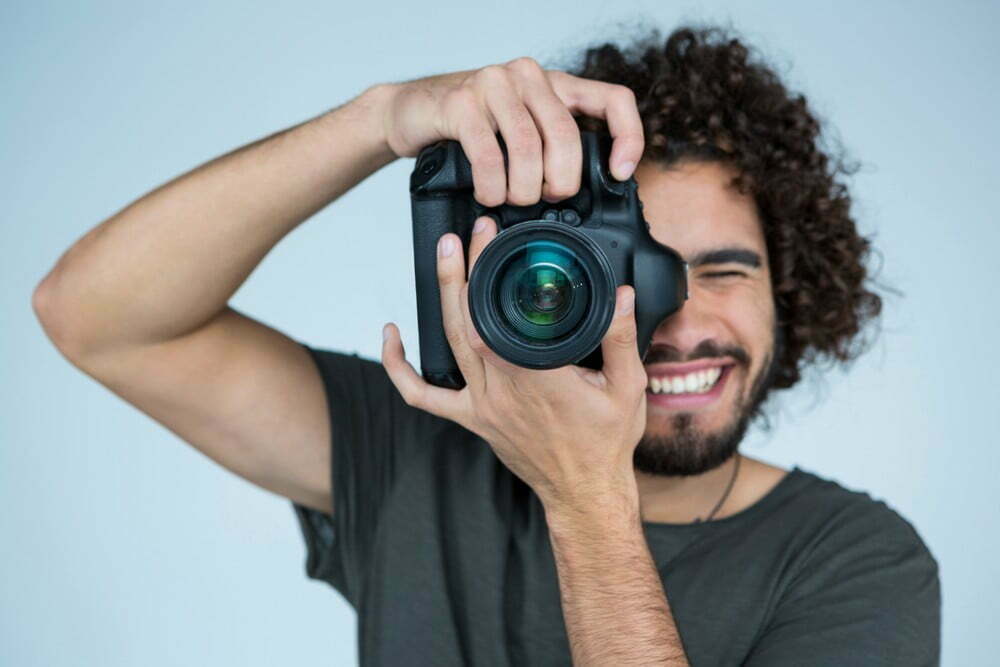
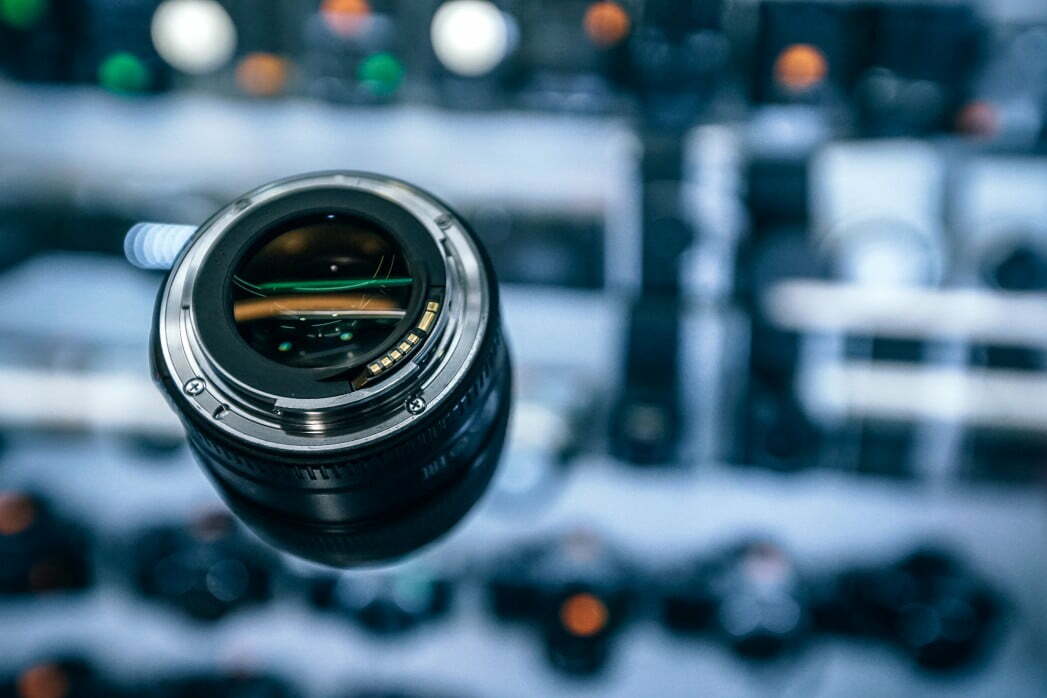
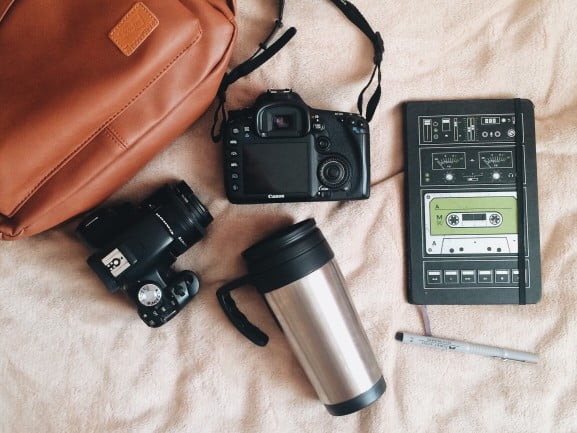
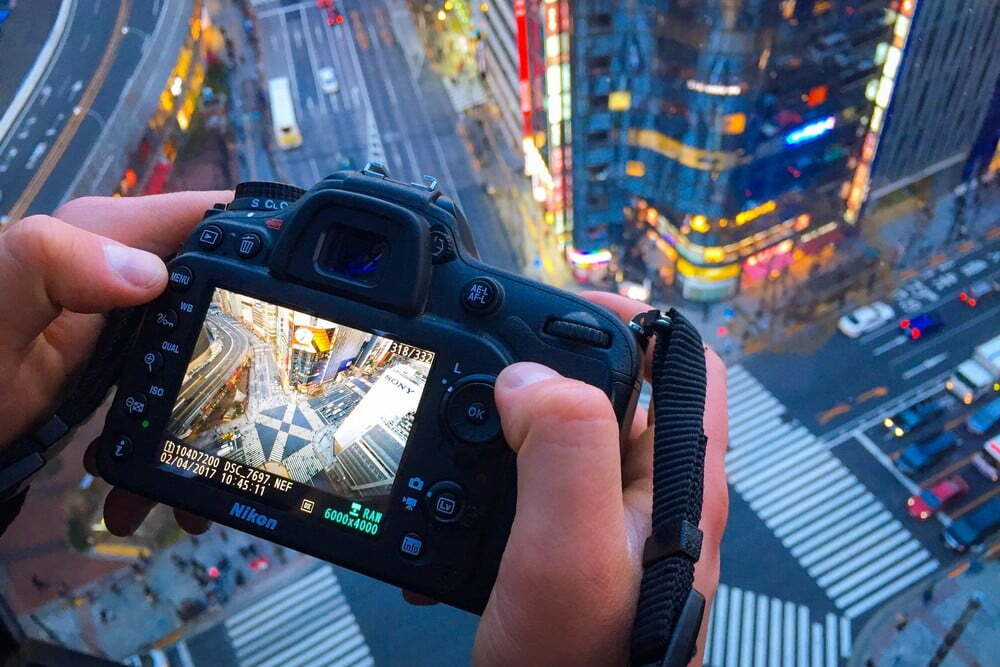
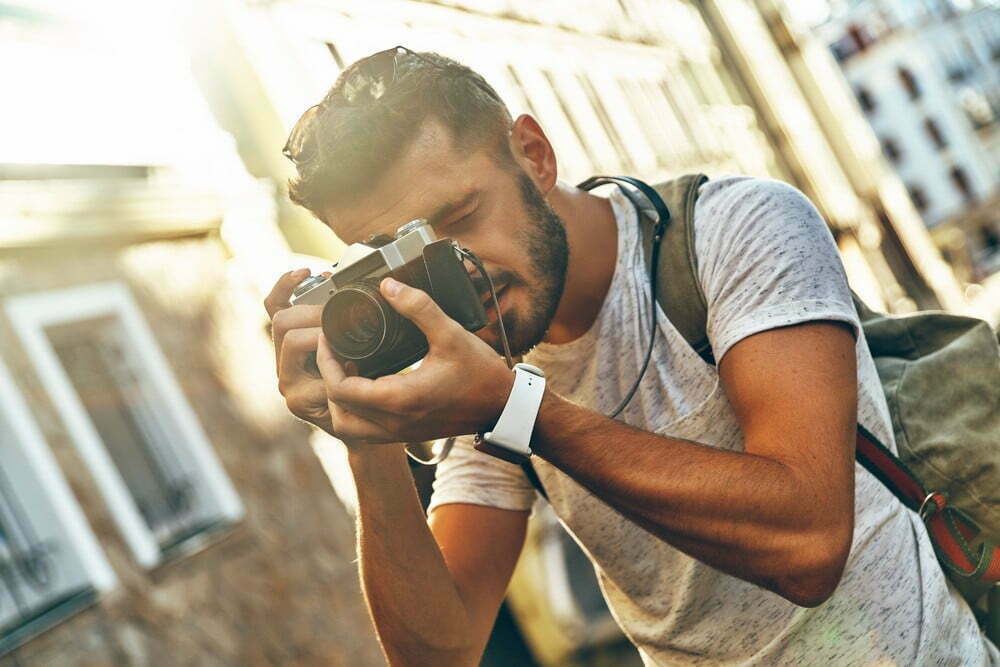
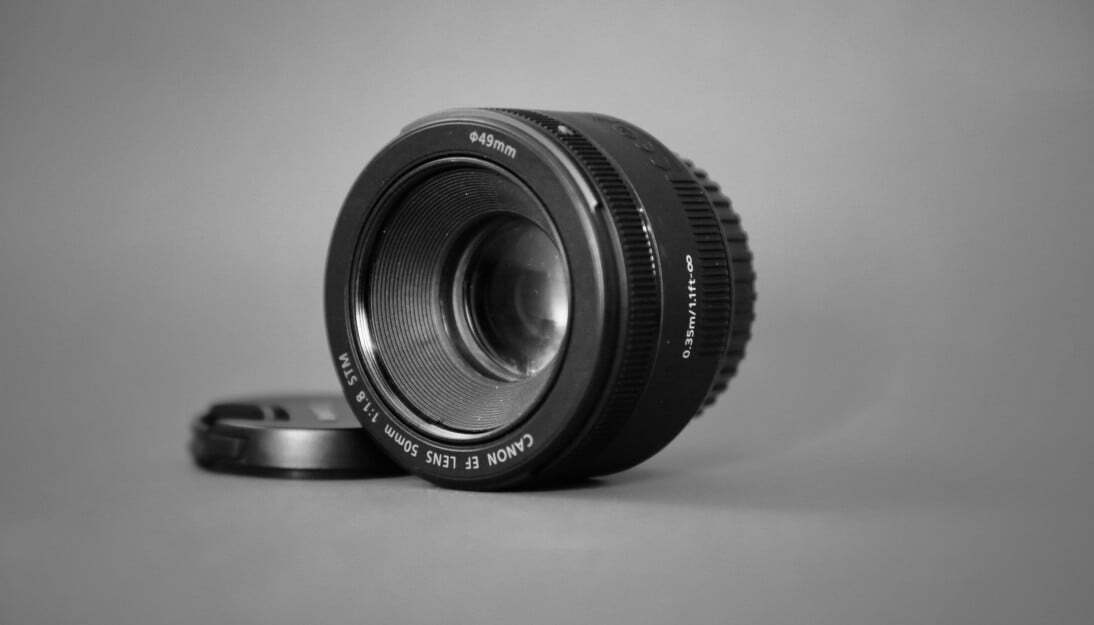
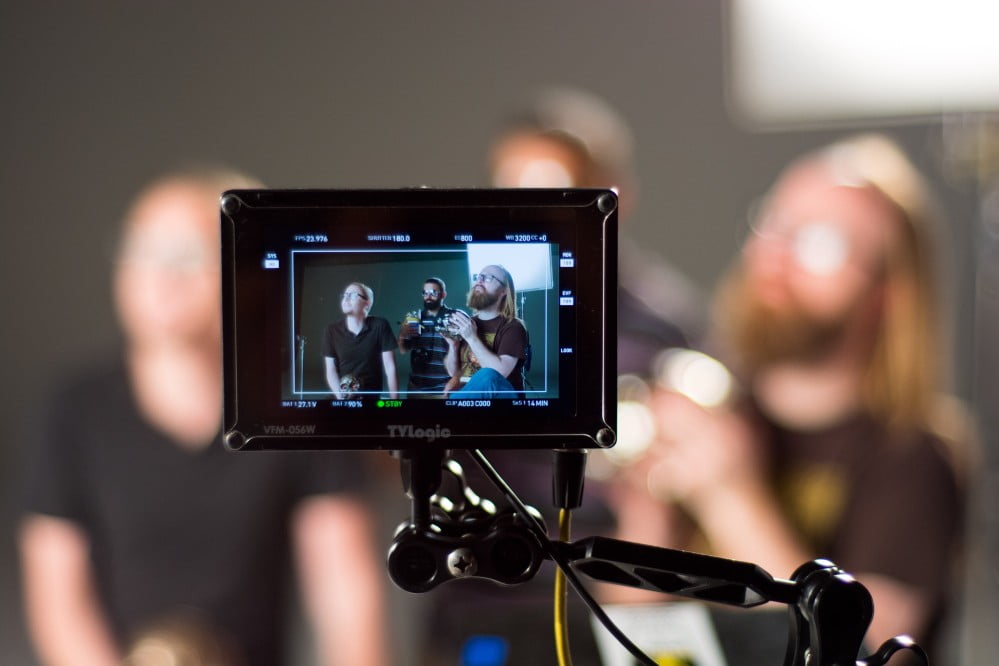
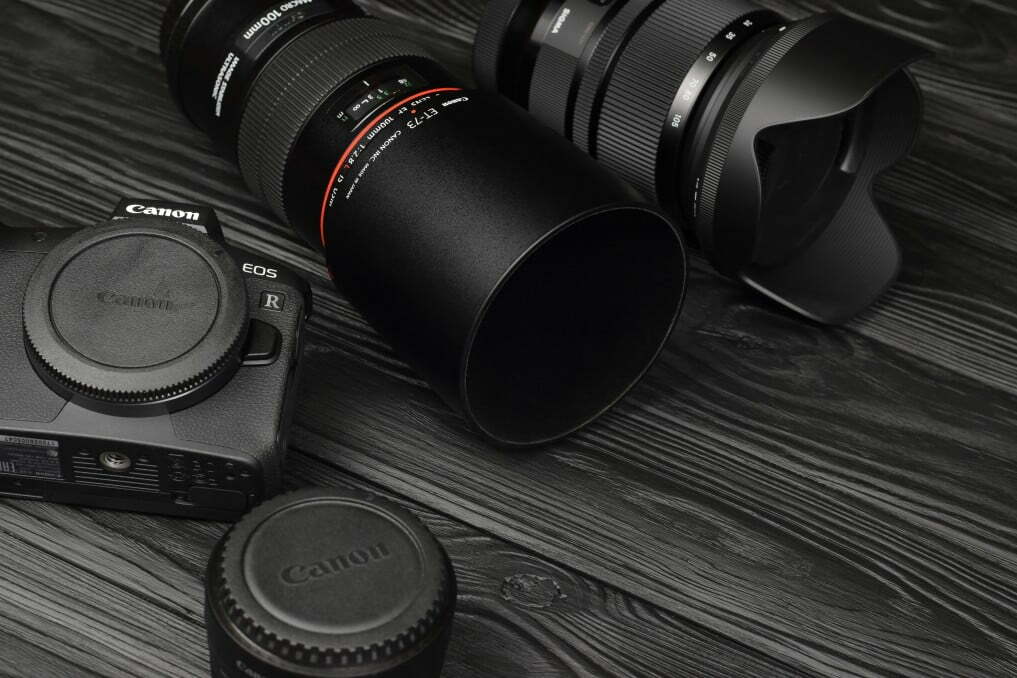
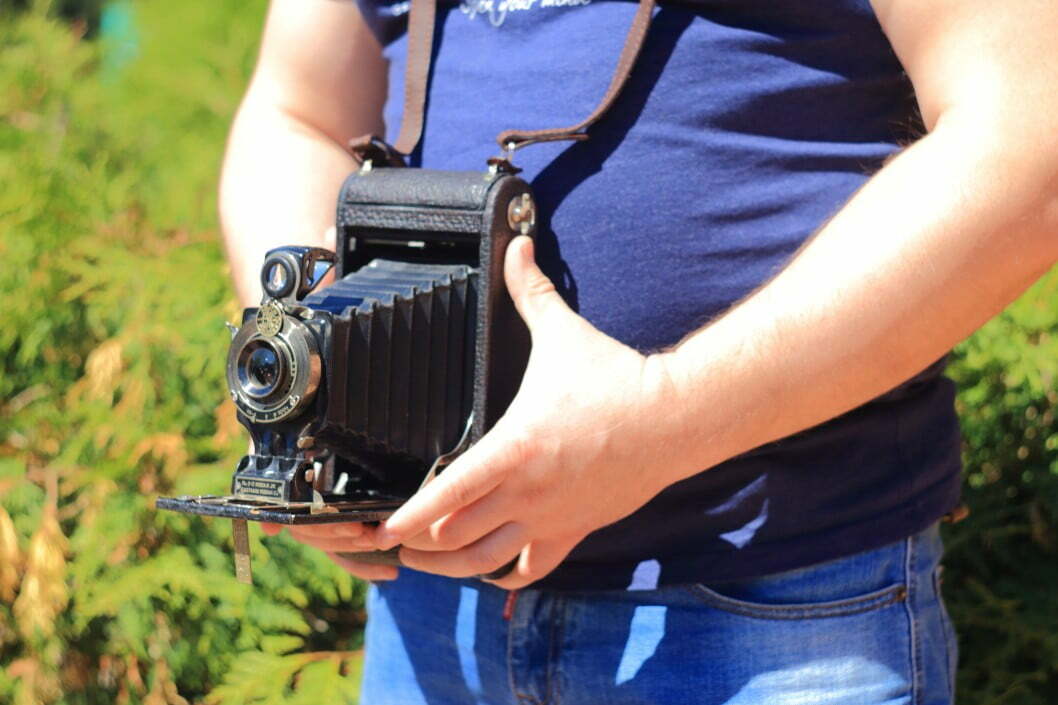
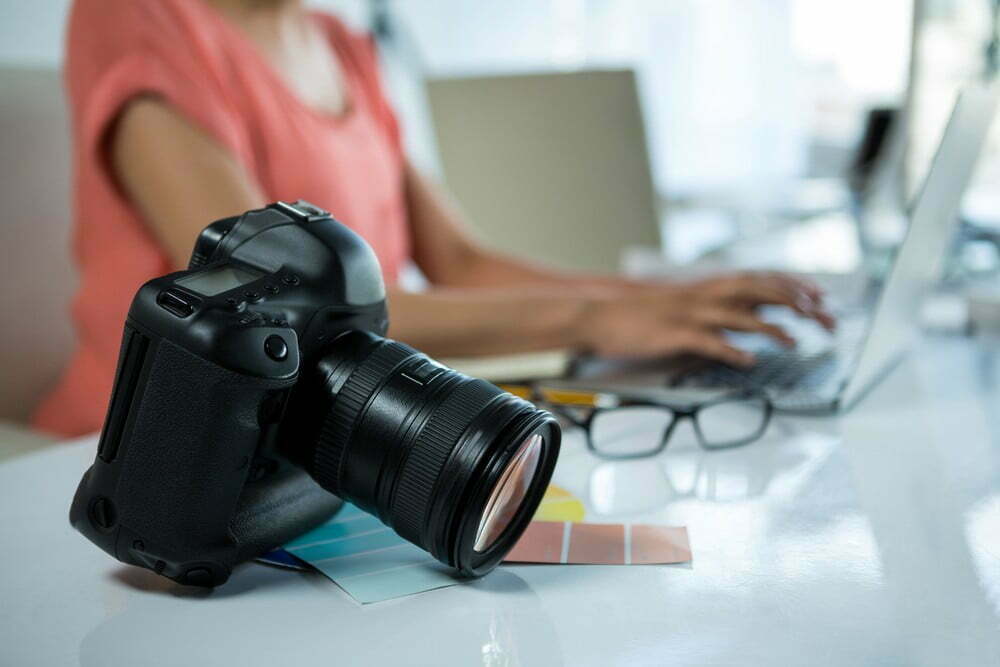
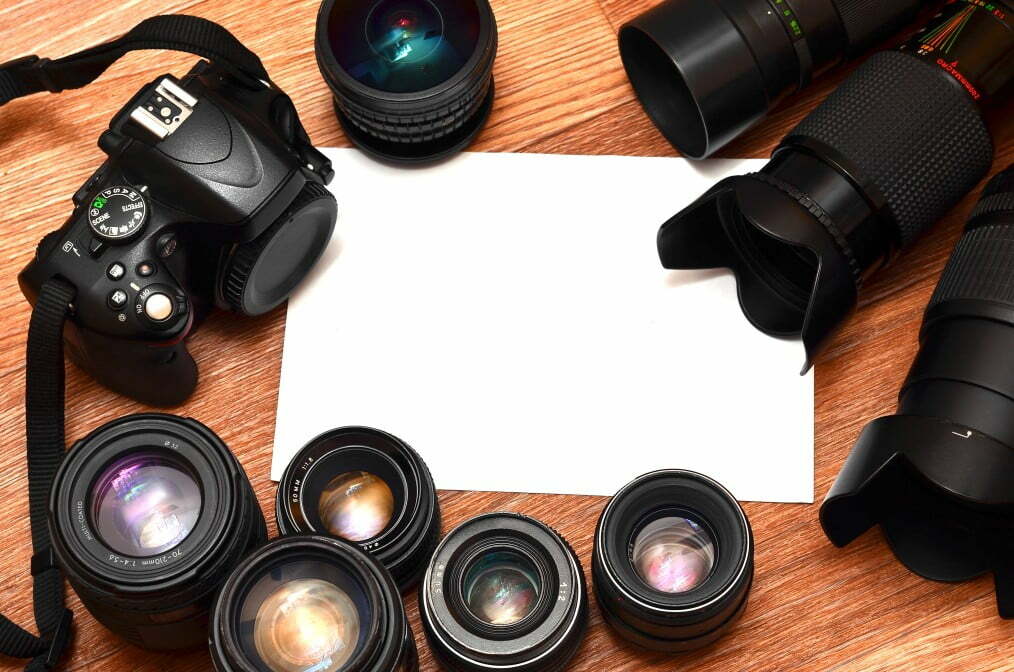
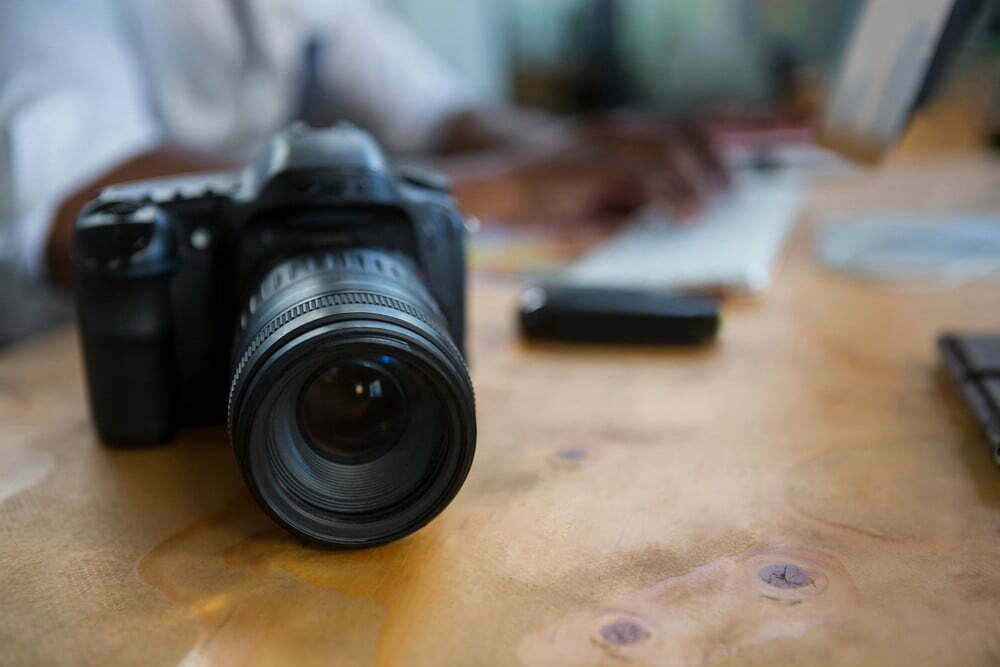
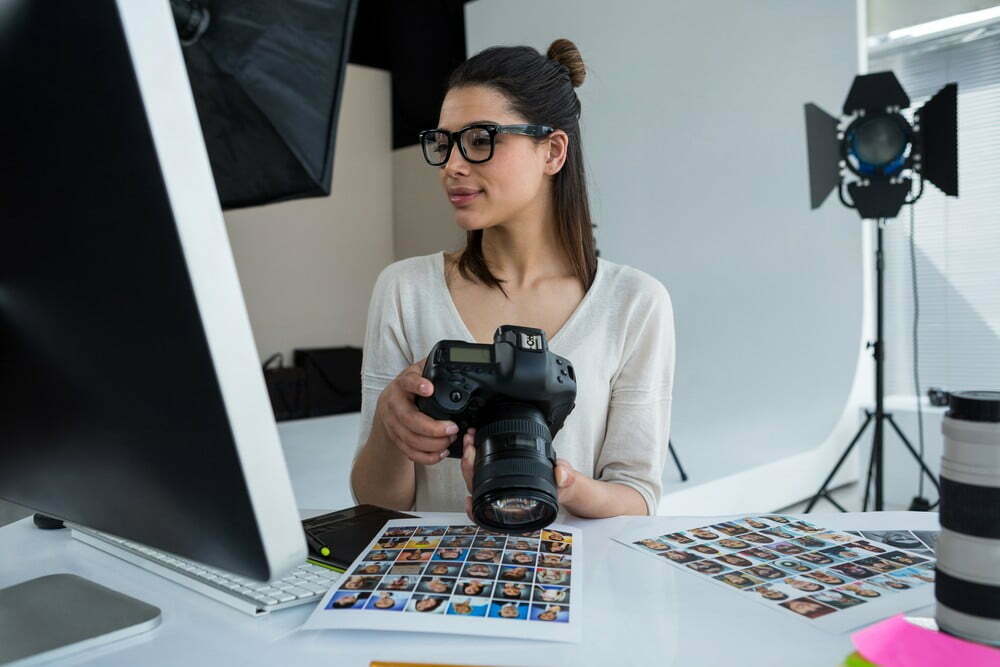

![Best Point and Shoot Camera in [year] ([month] Reviews) 27 Best Point and Shoot Camera in 2026 (January Reviews)](https://www.gadgetreview.dev/wp-content/uploads/Nikon-Coolpix-B500.jpg)
![Best Underwater Camera in [year] ([month] Reviews) 28 Best Underwater Camera in 2026 (January Reviews)](https://www.gadgetreview.dev/wp-content/uploads/best-underwater-camera-image.jpg)
![Best Digital Cameras in [year] ([month] Reviews) 29 Best Digital Cameras in 2026 (January Reviews)](https://www.gadgetreview.dev/wp-content/uploads/what-is-resolution-on-digital-camera-1.jpg)
![Best Digital Camera Docking Stations in [year] 30 Best Digital Camera Docking Stations in 2026](https://www.gadgetreview.dev/wp-content/uploads/best-digital-camera-docking-stations-image.jpg)
![Best Vlogging Camera in [year] ([month] Reviews) 31 Best Vlogging Camera in 2026 (January Reviews)](https://www.gadgetreview.dev/wp-content/uploads/best-vlogging-camera-image.jpg)
![Best Mirrorless Camera in [year] ([month] Reviews) 32 Best Mirrorless Camera in 2026 (January Reviews)](https://www.gadgetreview.dev/wp-content/uploads/best-mirrorless-camera-image.jpg)
![Best GoPro in [year] ([month] Reviews) 33 Best GoPro in 2026 (January Reviews)](https://www.gadgetreview.dev/wp-content/uploads/best-gopro-image.jpg)
![Best Digital Camera Tripods in [year] 34 Best Digital Camera Tripods in 2026](https://www.gadgetreview.dev/wp-content/uploads/best-digital-camera-tripods-image.jpg)
![Best Canon Digital Cameras in [year] 35 Best Canon Digital Cameras in 2026](https://www.gadgetreview.dev/wp-content/uploads/best-canon-digital-cameras-image.jpg)
![Best Polaroid Digital Cameras in [year] 36 Best Polaroid Digital Cameras in 2026](https://www.gadgetreview.dev/wp-content/uploads/best-polaroid-digital-cameras-image.jpg)
![Best Small Digital Camera Cases in [year] 37 Best Small Digital Camera Cases in 2026](https://www.gadgetreview.dev/wp-content/uploads/best-small-digital-camera-case-image.jpg)
![Best Digital Camera USB Cables in [year] 38 Best Digital Camera USB Cables in 2026](https://www.gadgetreview.dev/wp-content/uploads/best-digital-camera-usb-cable-image.jpg)
![Best Digital Camera Bags in [year] 39 Best Digital Camera Bags in 2026](https://www.gadgetreview.dev/wp-content/uploads/best-digital-camera-bag-image.jpg)
![Best Sony Digital Cameras in [year] 40 Best Sony Digital Cameras in 2026](https://www.gadgetreview.dev/wp-content/uploads/best-sony-digital-cameras-image.jpg)
![Best Panasonic Digital Cameras in [year] 41 Best Panasonic Digital Cameras in 2026](https://www.gadgetreview.dev/wp-content/uploads/best-panasonic-digital-cameras-image.jpg)
![Best Digital Camera Accessories in [year] 42 Best Digital Camera Accessories in 2026](https://www.gadgetreview.dev/wp-content/uploads/best-digital-camera-accessories-image.jpg)
![Best Kodak Digital Cameras in [year] 43 Best Kodak Digital Cameras in 2026](https://www.gadgetreview.dev/wp-content/uploads/best-kodak-digital-cameras-images.jpg)
![Best Video Cameras in [year] ([month] Reviews) 44 Best Video Cameras in 2026 (January Reviews)](https://www.gadgetreview.dev/wp-content/uploads/best-video-cameras-image.jpg)
![Best Compact Cameras in [year] 45 Best Compact Cameras in 2026](https://www.gadgetreview.dev/wp-content/uploads/best-compact-camera-image.jpg)
![Best Digital Cameras with Wifi in [year] 46 Best Digital Cameras with Wifi in 2026](https://www.gadgetreview.dev/wp-content/uploads/best-digital-camera-with-wifi-image.jpg)
